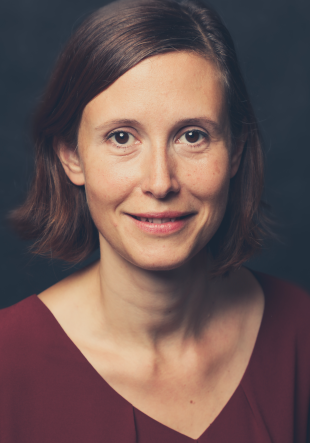„DATA SOCIETY“ starts with two reasearch groups in summer semester 2021
The first round of the Collegium Paderborn "Data Society" starts with two research groups in summer semester 2021.
The Collegium Paderborn is aimed at highly qualified researchers of all disciplines from the University of Paderborn, who are in their postdoc phase or onwards. Together with up to two external colleagues, a reasearch project about the topic of digitalisation will be developed.
Over a period of four months the international and interdisciplinary group can focus on developing their research project. They will be working on the chances and/or limits that the flood of data brings over the society, the "data-isation" of the social and new structures of power and domination that are challenging and transforming the society.
The goal of the Collegium Paderborn is to initiate long lasting, interdisciplinary research projects and international cooperations on these topics.
Collegium Paderborn II: Reshaping the Triangle of Work Relations and Gender in the Platform Economy
The research group „Reshaping the Triangle of Work Relations and Gender in the Platform Economy“ is a cooperation between Dr. Lena Weber (sociology, University of Paderborn), Prof. Dr. Anne Kovalainen (economics) and Dr. Seppo Poutanen (sociology/philosophy) from the University of Turku (Finland).
The interdisciplinary Collegium is composed of researchers from the fields of economics, sociology and philosophy from Germany and Finland. This compostion creates a unique perspective over the potentials and limits of digitalisation for society, economical relationships, production of knowledge and the related gender inequalities.
Through plattfrom economy new form of commercial exploitation of user and client data with far reaching consequences for the organization of labor in the various fields of production and reproduction. Platforms can now profit from the unpaid work of users. Moreover, established standards and institutions about what constitutes an employment relationship and how employment is secured are challenged. Platforms themselves often see themselves only as intermediary institutions, although they assign, distribute and make (or don't make) tasks available through algorithmic management.
Care platforms such as betreut.de, helpling.de and carelinx.com pose new challenges for informal care work (babysitting, childcare and care for relatives in need of care), which has so far been organized more in private markets. A new industry is being created that specializes in matching care givers and care receivers with each other, i.e. checking if they are 'fitting' and 'reliable' in a sense of security. Open questions in this field of research are, which are the principles that platforms use to mediate and to what extent do social inequality dimensions influence this? Which intention do clients have to use platforms instead of looking for babysitters in the social environment? What influence do profiles of care givers and care receivers have on the chances of matching? To what extent do care platforms lead to a formalization of informal care work and what advantages and disadvantages does this entail? How does the emerging platform economy change the state-market relationship in this area?
The research group aims at elaborating a common theoretical perspective from which they can make bilateral applications.

